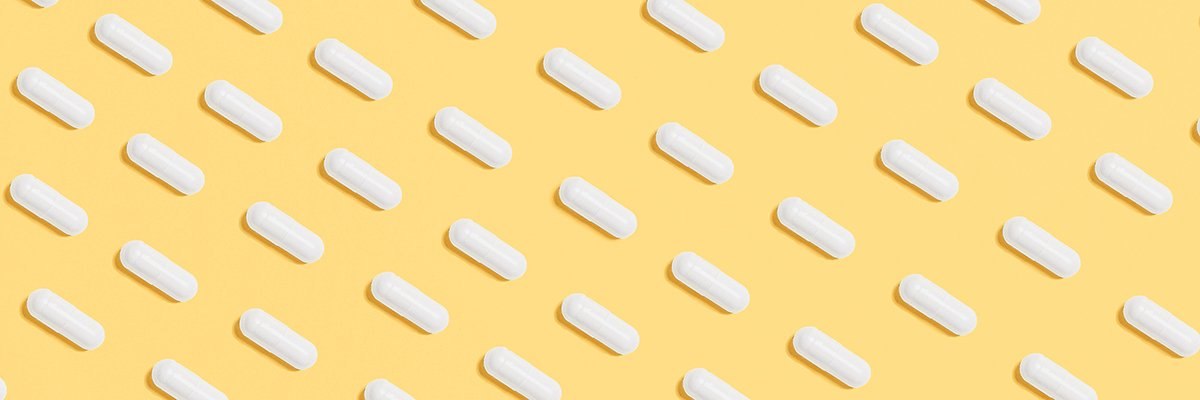Two-thirds of the country is fully or partially vaccinated against COVID-19, but those in the latest Economist/YouGov Poll who continue to reject vaccines don’t just see them as ineffective: Nearly half say that they think the vaccine itself is dangerous.
Most adults believe the COVID-19 vaccines are effective or at least not dangerous. Those who have received the vaccine are, not surprisingly, more likely to agree. However, opinions are different among the nearly one in five Americans (18%) who continue to say they will not get vaccinated, and the additional 12% who aren’t sure about what they will do. Half of people who reject the vaccine call it dangerous, while nearly half of people who aren’t sure about the vaccine also are unsure how to evaluate its effectiveness and safety.
Americans who have yet to be vaccinated most often cite side effects as the most important reason they aren’t vaccinated, from among a list of options. Trust in vaccines or the government also are mentioned often. But most people who aren’t vaccinated against COVID-19 have received other vaccines. Three in four vaccine rejectors have received at least one other vaccine. Vaccinations such as measles-mumps-rubella, polio, and diphtheria-pertussis-tetanus are the most widespread, though understandably many adults say they’re unsure whether they received those injections, typically given during childhood and sometimes with boosters later on.
People who reject the COVID-19 vaccines or are unsure about them are less likely to have gotten other vaccines recently, in contrast with vaccines typically first received during childhood.
Of Americans who reject COVID-19 vaccines or are doubtful they will get vaccinated, 14% say they received a flu vaccine last year, and just 12% say they will get a flu shot or have already gotten one this year. About half of all American adults say they got a flu shot last year, and about the same share of American adults say they plan to this year or already have.
Vaccine rejectors put more support in alternative substances than they do in the COVID-19 vaccines. More of them see the drugs ivermectin and hydroxychloroquine as effective or possibly effective in treating or preventing COVID-19 than describe the vaccines that way, even though many say they haven’t heard anything about the two substances, which are unproven as COVID-19 treatments. People who say they won’t get vaccinated also are more confident in monoclonal antibodies, which has received emergency use authorization from the Food and Drug Administration, than they are in the vaccine.
The COVID-19 vaccine comes up short on safety as well as effectiveness for people who say they won’t get vaccinated. While about half call the vaccine “dangerous,” one in ten or fewer label each of ivermectin, hydroxychloroquine, monoclonal antibodies, or a new antiviral pill developed by Merck as “dangerous.”
See the toplines and crosstabs from this Economist/YouGov Poll
Methodology: The Economist survey was conducted by YouGov using a nationally representative sample of 1,500 U.S. adult citizens interviewed online between October 3 - 5, 2021. This sample was weighted according to gender, age, race, and education based on the American Community Survey, conducted by the U.S. Census Bureau, as well as 2016 and 2020 Presidential vote, registration status, geographic region, and news interest. Respondents were selected from YouGov’s opt-in panel to be representative of all U.S. citizens. The margin of error is approximately 3.1% for the overall sample.
Image: Getty








